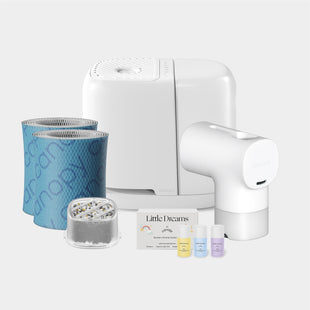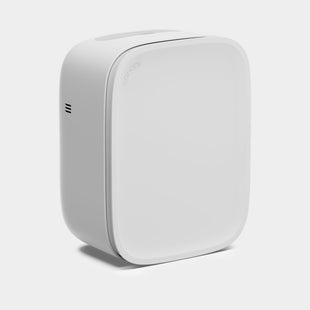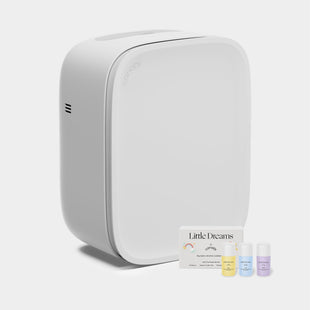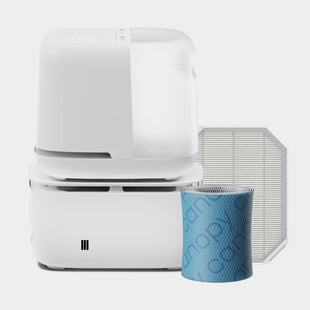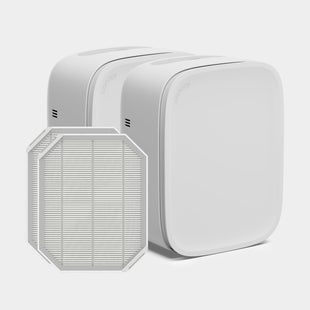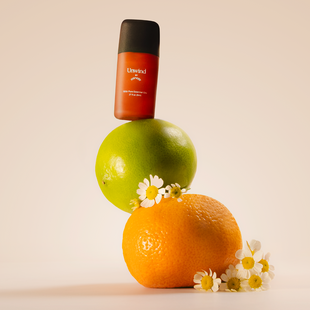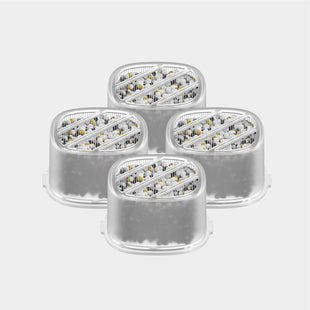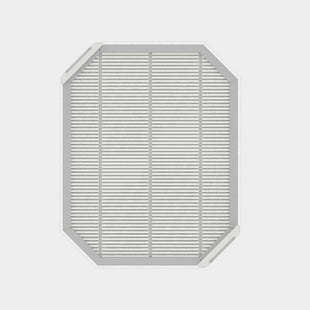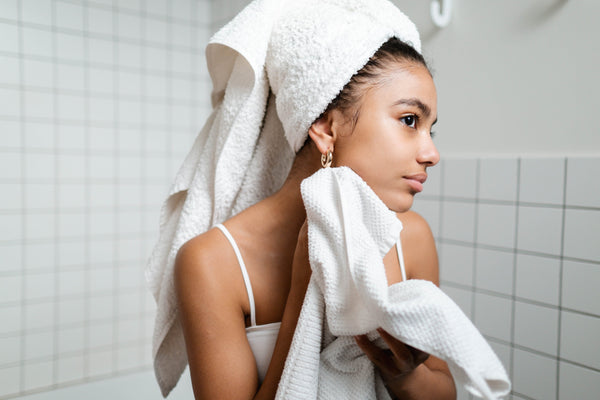Dry skin in the winter is a common problem, so if you have psoriasis, you might experience increased flare-ups during the colder months. There are several seasonal factors that can have a drying effect on the skin, exacerbating this condition. Find out how to identify your winter psoriasis triggers and what you can do to control them below.
Cold Weather Psoriasis Triggers to Watch For
Warmer air retains more humidity, so water evaporates from your skin slower during the spring, summer, and fall. Once winter hits, the air is much drier, so your skin gets dried out. This issue isn’t exclusive to outdoor air, either. Even your home’s indoor air becomes drier during the winter months. Plus, using a fireplace or furnace for warmth can have a drying effect on your skin.
Aside from changes in temperature and humidity, there are other psoriasis triggers that can creep up this season. For one, mood changes, like increased stress around the holidays, could cause flare-ups. Many people also experience seasonal affective disorder (SAD), a form of depression associated with winter. The lack of sunlight might not necessarily cause your psoriasis to worsen on its own, but it could be a contributing factor. Exposure to UV rays has been shown to help clear psoriasis over time, meaning shorter, more overcast days can have an impact.
How to Control Psoriasis in Winter
You may not be able to change the weather, but you can limit its effects on your skin throughout the winter months. Here are some psoriasis care tips for winter.
Avoid Hot Showers

Hot showers may feel soothing on cold winter days, but they can end up being a problem for people with psoriasis. Hot water dries out the skin, aggravating symptoms. Stick to warm, shorter showers, or take a lukewarm bath with a psoriasis-safe soak, such as Epsom salts and oatmeal.
Moisturize
Even if regular moisturizing is already a core component of your psoriasis care plan, you may need to increase the frequency or switch up your products in the winter months. With increased handwashing and exposure to cool winter air, your hands may be especially irritated. For people with psoriasis, thick creams free of dyes, fragrances, or other potential irritants are best.
Hydrate
We know the importance of being well-hydrated when we sweat in the summer, but it’s important year-round—especially for people with psoriasis. Staying hydrated will help keep your skin moisturized. Aim for eight cups of water each day, and avoid or limit alcohol, which can have a dehydrating effect.
Wear Soft Clothing
Even if you’re feeling chilly, try to avoid wool sweaters or other irritating materials. Smooth, breathable fabrics are skin-friendly and are less likely to cause itching or discomfort.
Address Stress
If you’re feeling stressed, try to find healthy ways to cope. Journaling, meditation, and talk therapy can be helpful for managing stressors. Be sure to talk to your doctor if you’re not feeling like yourself. Seasonal affective disorder can be manageable with help from light therapy or medication.
Use a Humidifier
Finally, one of the most effective ways to control winter psoriasis is to address the root cause: low humidity levels. Running a humidifier adds moisture back to your indoor air, which will alleviate dryness and its effects. The device will restore optimal indoor humidity levels, which should be 30 – 50% during the winter. For the best effects, place your humidifier in an environment where you spend the most time, such as your bedroom.
If you struggle with psoriasis, eczema, or dry skin, turn to Canopy for clean, optimal indoor humidity. Our devices’ Auto Mode keeps your home at the ideal humidity level to relieve dry skin and other health concerns. The original Canopy humidifier treats spaces up to 500 square feet, while the larger Humidifier Plus is ideal for rooms up to 1,000 square feet.









